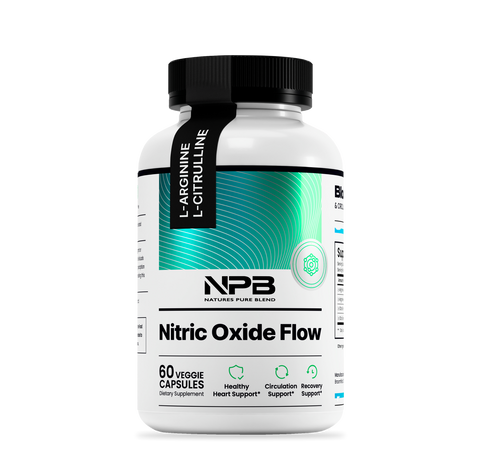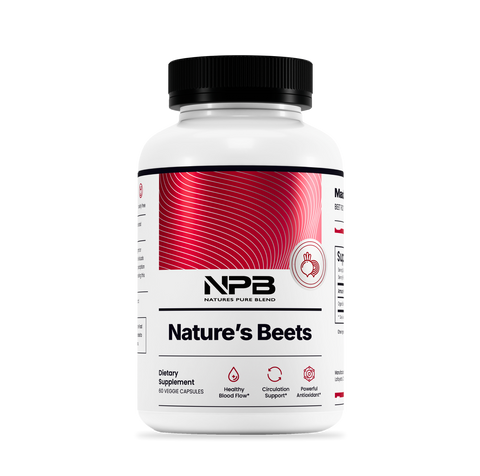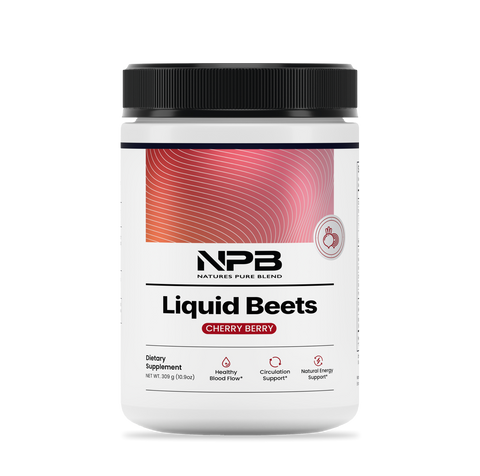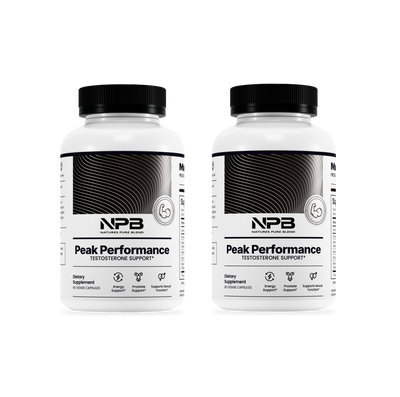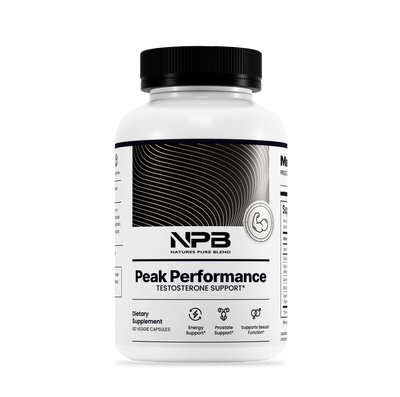Testosterone is a critical hormone that significantly impacts men’s energy, muscle mass, sexual drive, and overall well-being. While testosterone naturally declines with age, certain factors can accelerate the drop, leading to more pronounced symptoms. Understanding the specific reasons behind progressively low testosterone can help men address the root causes and take action. Here are six top reasons for progressively low testosterone:
1. Obesity and Belly Fat
Excess weight, especially **abdominal fat**, is one of the leading contributors to low testosterone levels. Fat cells, particularly those around the abdomen, produce an enzyme called **aromatase**, which converts testosterone into **estrogen**. As body fat increases, this process accelerates, leading to further reductions in testosterone. This cycle can create a negative feedback loop where low testosterone contributes to more fat accumulation, making it harder to restore normal levels. Managing body fat through diet and regular exercise is essential for boosting testosterone and improving overall health. [1]
2. Chronic Sleep Apnea
**Sleep apnea** is a serious condition that significantly affects testosterone levels. Men with sleep apnea often experience interrupted breathing during sleep, leading to poor-quality rest. Testosterone production peaks during **deep sleep**, and the constant disturbances in sleep cycles can drastically lower levels. Sleep apnea not only affects your sleep but also increases **cortisol**, a stress hormone that suppresses testosterone. If you're experiencing fatigue, snoring, or difficulty staying asleep, getting a sleep study to address potential sleep apnea is key for maintaining healthy testosterone levels. [2]
3. High Blood Pressure (Hypertension)
**High blood pressure** can directly impact testosterone production by affecting the blood vessels that deliver oxygen and nutrients to the testes, where testosterone is produced. Over time, hypertension can damage these blood vessels, reducing the testes' ability to produce testosterone. Additionally, hypertension is often linked with **metabolic syndrome**, which can lead to weight gain and further exacerbate low testosterone. Managing blood pressure through medication, a heart-healthy diet, and regular exercise is essential for testosterone health. [3]
4. Chronic Stress and Cortisol
While stress is inevitable, **chronic stress** can severely affect testosterone levels. Prolonged stress triggers the release of **cortisol**, a hormone that has a direct antagonistic effect on testosterone. Elevated cortisol levels inhibit the body’s natural testosterone production, leading to reduced energy, muscle loss, and decreased libido. In today’s fast-paced world, effective stress management techniques like meditation, deep breathing exercises, and regular physical activity can help keep cortisol levels in check and protect testosterone levels. [4]
5. Low Vitamin D Levels
**Vitamin D** is crucial for maintaining testosterone levels, yet many men are deficient in this essential nutrient. Studies have shown that men with low levels of vitamin D tend to have lower testosterone. Vitamin D helps in the regulation of various bodily processes, including hormone production, and is particularly important for **testosterone synthesis**. Ensuring you get adequate sun exposure or supplementing with vitamin D can help maintain healthy testosterone levels and prevent the decline that occurs with deficiency. [5]
6. Overuse of Alcohol
While an occasional drink may not harm testosterone levels, **chronic alcohol consumption** can have a significant negative impact. Excessive alcohol intake disrupts the hormonal balance, increases the **conversion of testosterone into estrogen**, and reduces the body’s ability to produce testosterone efficiently. Regular heavy drinking can lead to lower testosterone levels, reduced sexual function, and increased fat accumulation, particularly around the belly. Cutting back on alcohol or eliminating it can help reverse some of the damage and promote healthier hormone levels. [6]
Conclusion
Progressively low testosterone is not just an inevitable part of aging—it is often driven by specific lifestyle factors, health conditions, and habits that can be addressed. **Obesity, sleep apnea, high blood pressure, chronic stress, low vitamin D, and excessive alcohol intake** all contribute to low testosterone levels. By identifying and addressing these root causes, men can take targeted action to restore balance, improve energy, and enhance overall quality of life. If you suspect that your testosterone is declining, consulting with a healthcare provider to address these contributing factors and explore treatment options is crucial for long-term health.
